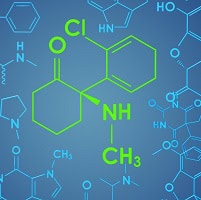Brain Surgery for Addiction
Posted on May 17, 2019
by Thaddeus Camlin, Psy.D.
Addiction treatment needs improvement. Exploring new methods is essential to advancing the field. To imagine the latest radical approach to treating addiction one might envision an amalgamation of electro-shock therapy and trepanning. Brain surgery for addiction is not a futuristic concept at the dawn of its conception. On the contrary, brain surgery for addiction is happening now in China and a clinical trial is scheduled in West Virginia this year. Like any emerging treatment, brain surgery to treat addiction is worth a closer look to consider potential costs, benefits, risks, rewards, and ethical delivery of services.
The Technique
The brain surgery technique used to treat addiction is deep brain stimulation (DBS). DBS is already an established t...
full story










